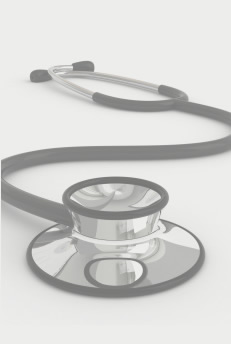
The heart is normally able to pump blood to the body without working any harder than necessary due to the electrical system that guarantees that it contracts (squeezes) regularly. During an arrhythmia, your heart beat may be: too slow (bradycardia), too fast (tachycardia) or irregular.
Definición
It is a disorder of the heart rate, such as beating too fast (tachycardia), too slow (bradycardia) or irregularly. The most common cause of arrhythmias is coronary artery disease, abnormal heart valve function and heart failure. However, arrhythmias can also occur without cardiac abnormalities due to excessive consumption of substances or drugs like caffeine or amphetamines or due to things like stress or too much exercise or sport.
Diagnóstico
It is necessary to analyze the symptoms to make a preliminary diagnosis: heartbeat, if it is regular or irregular and duration of the arrhythmia. Symptoms can be mild or in some cases severe or even potentially fatal. Some of these symptoms include chest pain, dizziness and fainting, palpitations or difficulty breathing.
Tratamiento
Coronary problems that cause arrhythmias are treated by angioplasty or bypass. When an arrhythmia is serious, urgent treatment is needed to restore a normal rhythm, such as electrical shock therapy (defibrillation or cardioversion), implanting a temporary pacemaker to interrupt the arrhythmia or intravenous medications.
Noticias relacionadas
-
18 de marzo de 2014
El Clínic de Barcelona participa en un ensayo clínico para probar el marcapasos más pequeño del mundo
-
Jueves, 16 de enero de 2014
El Clínic implanta el primer desfibrilador sin electrodos intracardíacos en Cataluña

